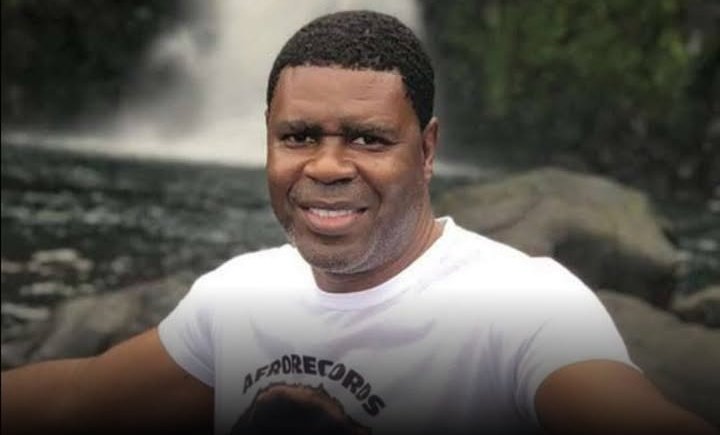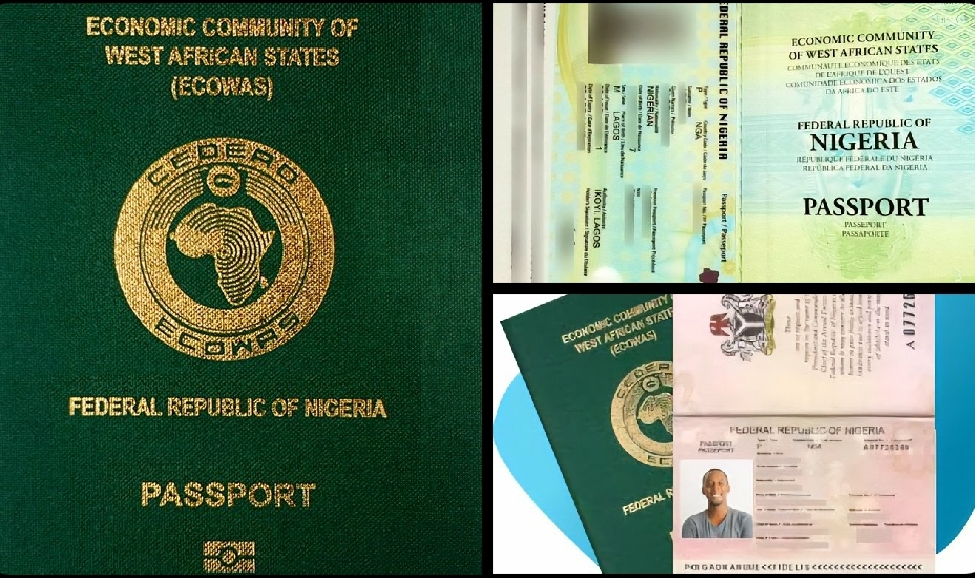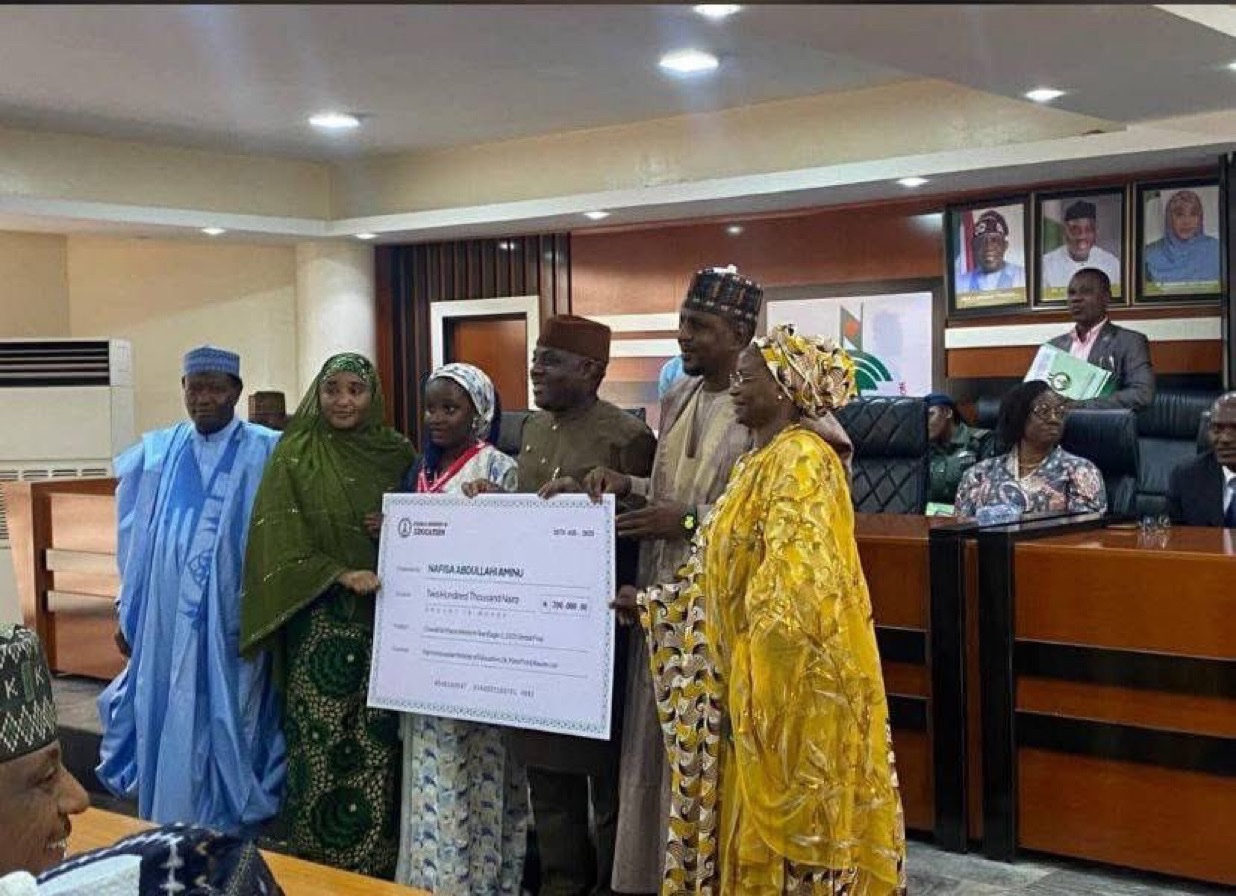
Equatorial Guinea Court Jails President’s Son for Six Years Over Illegal Aircraft Sale

The long arm of the law has finally reached into the ruling family of Equatorial Guinea, as a court has sentenced Ruslan Obiang Nsue, son of President Teodoro Obiang Nguema Mbasogo, to six years in prison for his role in the murky sale of a national aircraft.
Obiang Nsue, once celebrated as a rising political figure and a former director of the state-owned airline Ceiba Intercontinental, was found guilty of illegally selling an ATR 72-500 plane to a Spanish company and pocketing the proceeds. The scandal, which broke in 2023 when he was placed under house arrest by his powerful half-brother and Vice-President, Teodoro Nguema Obiang Mangue, has now culminated in a judgment that sent shockwaves across Malabo.
The court ruled that the 50-year-old could escape serving the prison term if he reimburses the airline with $255,000, the estimated value of the missing plane, in addition to damages and a state fine. He was, however, acquitted of separate charges of embezzlement and abuse of office — a partial relief in a case that has gripped international attention.
Observers say the verdict underscores the fragile balance of power within Africa’s longest-ruling dynasty. President Obiang has held sway over the oil-rich Central African nation for 46 years, making him the world’s longest-serving president. His family dominates virtually every arm of government, but in recent years, corruption scandals have increasingly placed them under the spotlight.
This latest conviction draws striking parallels to the case of his half-brother, Vice-President Obiang Mangue, who in 2021 was handed a suspended prison sentence by a French court and fined $35 million for embezzling public funds to fund a lavish lifestyle that included luxury mansions, sports cars, and private jets.
For many Equatoguineans, the sentencing of Ruslan Obiang Nsue has sparked mixed feelings. While some see it as a rare instance of accountability within the ruling family, others dismiss it as political theater designed to appease international critics while keeping power firmly within the clan.
The scandal of the missing aircraft — a national symbol of connectivity and pride — has not only embarrassed the government but also underscored the endemic corruption that has plagued the oil-rich nation despite its vast resources. For citizens struggling with poverty amid wealth controlled by a select few, the case has become another reminder of the gulf between rulers and the ruled.
Whether Obiang Nsue will actually serve jail time or simply pay his way out remains to be seen. But the symbolism of the ruling has already made headlines far beyond Equatorial Guinea, cementing once more the perception of a family dynasty constantly dancing on the edge of scandal.


